DC Comics is trying something new. In the wake of their Rebirth initiative, the publisher has rapidly expanded its content to include diverse new imprints such as Young Animal, Wildstorm, Black Label, Ink, and Zoom. As their lineup expands, it can be hard to figure out what to pick up each week. That’s what our team is here to help with, every Wednesday, with the DC Round-Up!
 By Zack Quaintance
By Zack Quaintance
This was a sparse week for DC, an odd fifth Wednesday of annuals and Looney Tunes one-shots. Yet, the publisher still managed to move the shared universe forward, foreshadowing its next major event via Red Hood and the Outlaws Annual #2. That book itself wasn’t exceedingly noteworthy, but it did connect directly to Heroes in Crisis (HiC), a seven-part prestige series with complex ambitions set to begin late next month.
See, toward the end of the Red Hood Annual, Roy Harper tells Jason Todd he’s going to Sanctuary, a rehab facility for superheroes recently teased in comics and previews. This place, Sanctuary, is in rural Nebraska, housed in an isolated farmhouse with Kryptonian tech inside to treat superheroes suffering traumas. HiC’s plot involves a mass shooting within Sanctuary and subsequent murder mystery. It’s written by Tom King, who worked for the CIA during our wars in Afghanistan and Iraq, and who has described HiC as a personal story that stems from his own semi-recent nervous breakdown.
To be frank, this comic looks great to me. Drawn by Clay Mann, it’s basically headlining DC’s publishing efforts for the rest of 2018. I’m excited, and since the most significant narrative at DC this week was foreshadowing HiC, I’m using today’s RoundUp to discuss this project’s potential for deeper meaning, and whether superhero fiction is the best choice for the story. I know it’s a bit off book, but isn’t that what fifth Wednesdays are about? Anyway, let’s do this…
Tom King’s Perspective: As noted, HiC is written by Tom King, Tom King of the massive commercial success Batman and massive critical success Mister Miracle. Comics stardom is recent for the 39-year-old writer, though—King spent much of his twenties in The Middle East, with the CIA recruiting terrorists to spy on other terrorists.
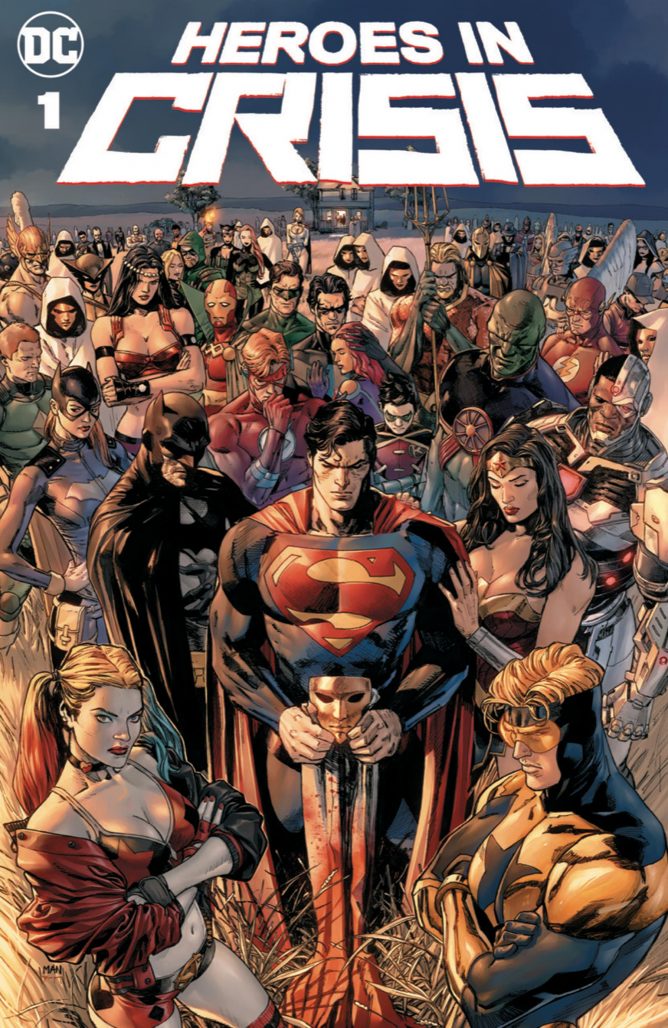
This quote from King in DC Nation #2 is perhaps most telling about HiC’s potential to provide a unique perspective: “I feel like I’m part of a rolling generation of people who spent their twenties overseas fighting terrorism. Millions of people cycle through that machine and come home to America. And I think that sort of experience of violence is shaping who we are as a culture, and as a country. And I want to talk about that. I want to talk about that experience, the experience of what violence can do to a person, to a community, to a nation, to a world.
That’s what Heroes in Crisis is going to be about. It’s going to be about the effect of the DC Universe, the effect these superheroes who have to live violent lives to save the world, and what that does. What sacrifice they’re making every time they go out to fight the next bad guy. It’s personal, but it’s ambitious.”
What also makes King’s perspective interesting is the nature of his work for the CIA, which seems to have often involved facilitating through others. King was surely in danger, but based on Sheriff of Babylon, the traumas he took home were more closely connected to those he deputized, rather than his own risks. Many readers will likely relate.
The war on terror is nebulous compared to combat in the 20th Century, and while millions fought or had loved ones do so, the vast majority of us (even able-bodied young adults like myself) simply watched and worried, grappling more with the morality of arrant drone strikes or the potential for another 9/11 than with personal sacrifice. I’m younger than King, but I often felt like I could and should do more, be it through activism or service. King is uniquely positioned to write both perspectives, having been in danger and also having been the one worried he wasn’t doing enough. It’s a powerful notion.
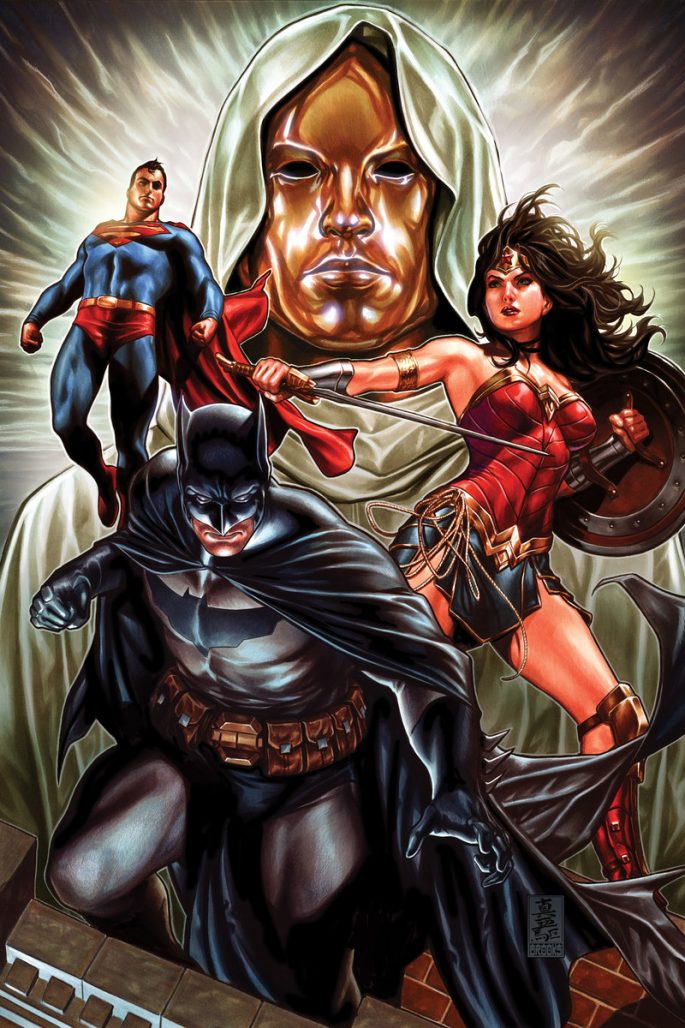
Historical Precedent: There’s historical precedent for creators going to war and returning to do seminal work, too. Stan Lee, Jack Kirby, John Romita, Curt Swan…many of superhero comics’ foundational talents served in WWII or Korea. Jim Starlin fought in Vietnam, and antiheroes like Punisher and Wolverine are pretty clear allegories for that conflict’s vets. Jerry Siegel has connected the creation of Superman to violence perpetrated against Jewish peoples in the early 20th Century.
Our generation, however, hasn’t had our own conflicts manifest in comics so cleanly, not in mainstream superhero books, anyway. I’m hard pressed to think of another Big 2 creator who went to Afghanistan or Iraq, not with anywhere near King’s prominence. With that in mind, it’s entirely possible HiC will be the biggest story to use superheroes as a means of providing depth, nuance, and understanding for PTSD and other concerns born of recent violence and warfare.
Why Superheroes?: A question I return to, however, is whether superheroes are really the right choice for this story, and I think there are opposing cases to be made.
Concerned fans online are already bemoaning the potential loss of favorite characters (aren’t they always?), or saying death in superhero comics is cheap (I’m guilty of this), or criticizing HiC marketing for sensationalizing darkness. I don’t entirely share those concerns—both Sheriff of Babylon and Mister Miracle tread similar thematic ground without exploiting suffering—but the very existence of those concerns begs the question of whether involving superheroes adds to or detracts from what King has to say.
I definitely worry that a potential exists for one of the most poignant statements about war in our time to be evaluated by its target audience based on whether it nails traditional characterization of Booster Gold. That’s not ideal, although that sort of misprioritization is maybe unavoidable. Fans come with varied expectations, especially for nostalgia-laden stories about superheroes, and the burden of satisfaction isn’t entirely on creators—it’s also on readers to keep an open mind.
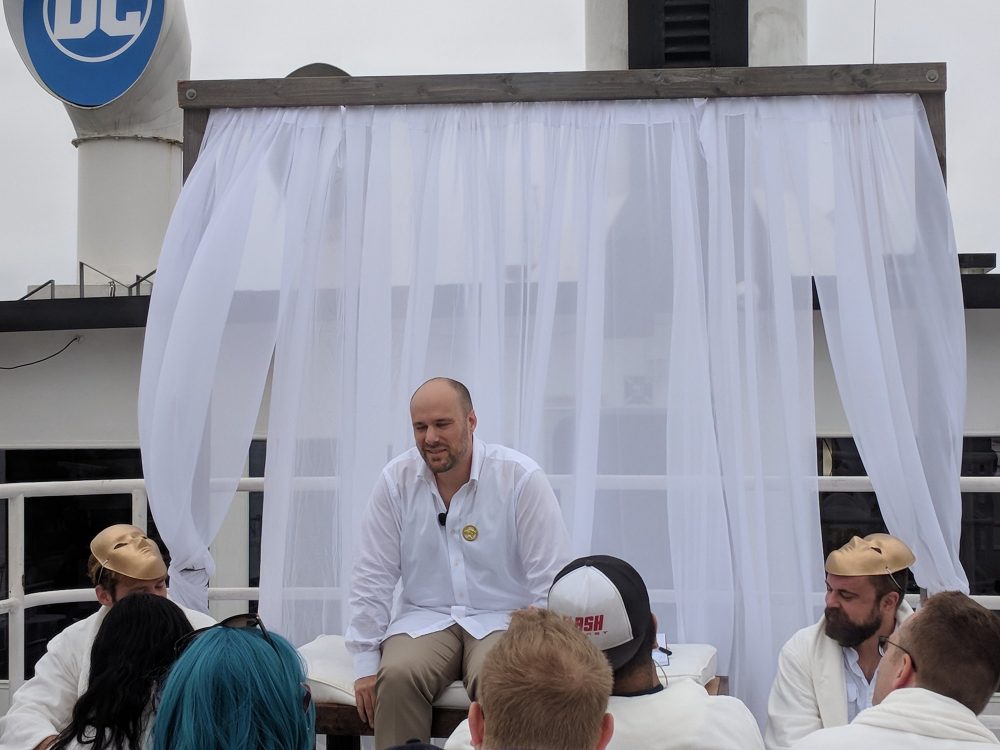
As Alex wrote last month after King’s experiential HiC press conference on a yacht during San Diego (with white robes and gold masks from the story): Heroes in Crisis, King said, is ultimately about building a sense of “community.” The book is not only about solving who committed this violent crime, but also about how a community of people can rebuild after such a tragic event.
Phew. That was all maybe a verbose way of noting my favorite book this week was Red Hood due to its connection to HiC, but I think King and Mann’s story really does have HUGE potential and ambition, so much so that it’s well-worth discussing a month before release. Oh yeah, and one last note: I also enjoyed Batgirl again this week.
Miss any of our earlier reviews? Check out our full archive!


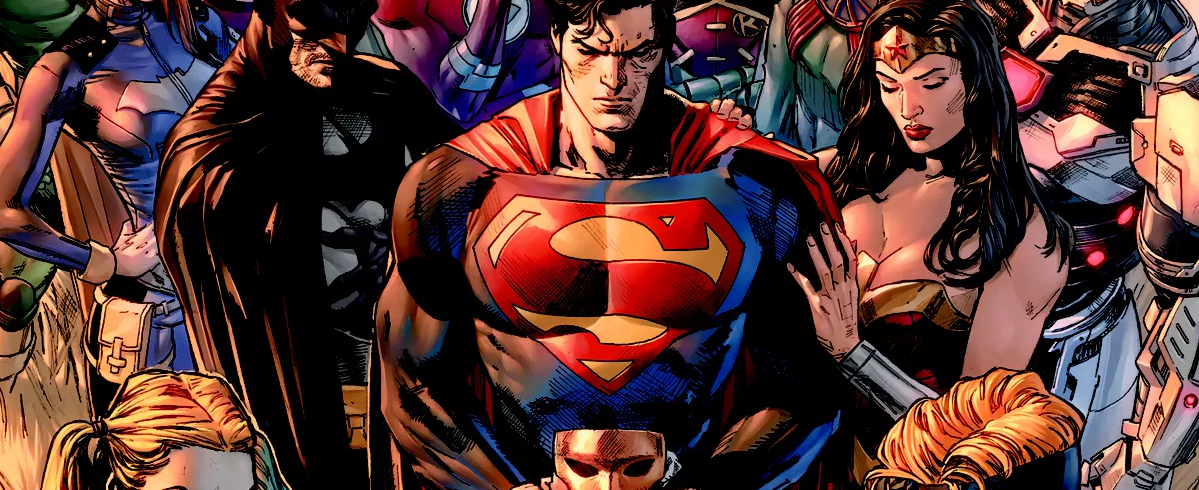
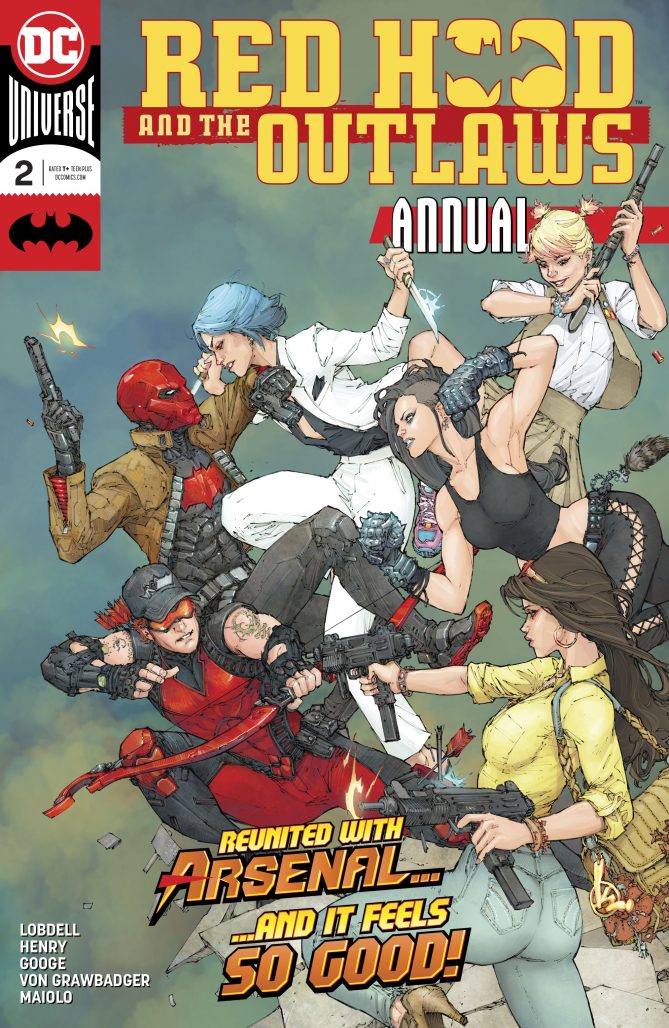
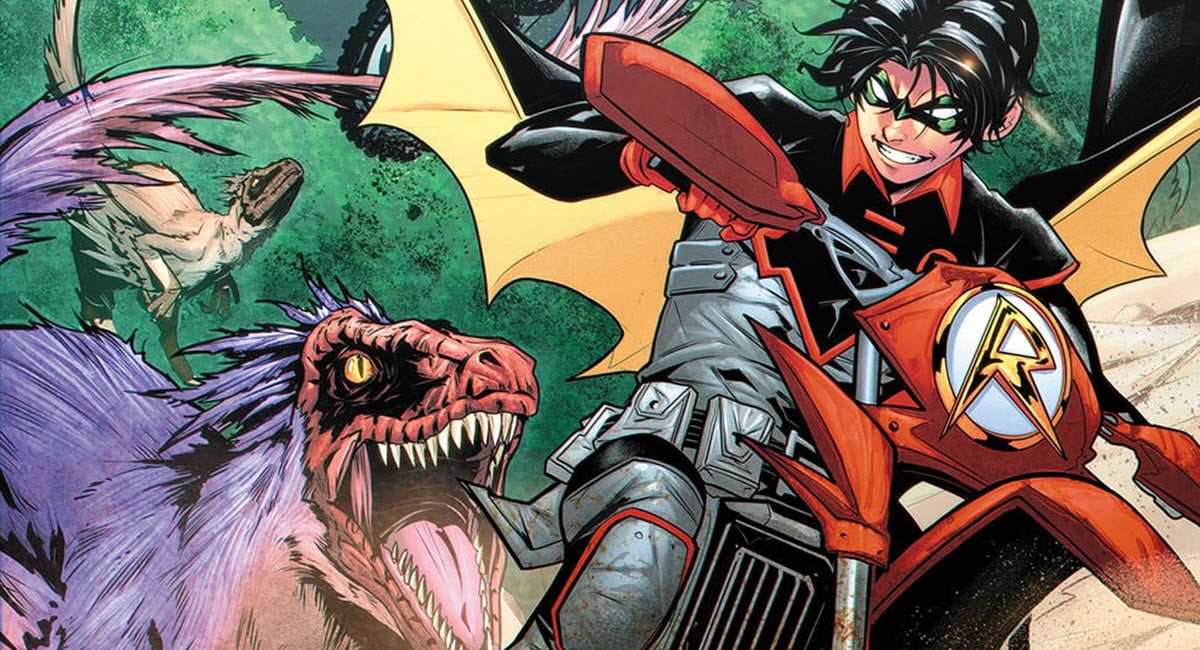
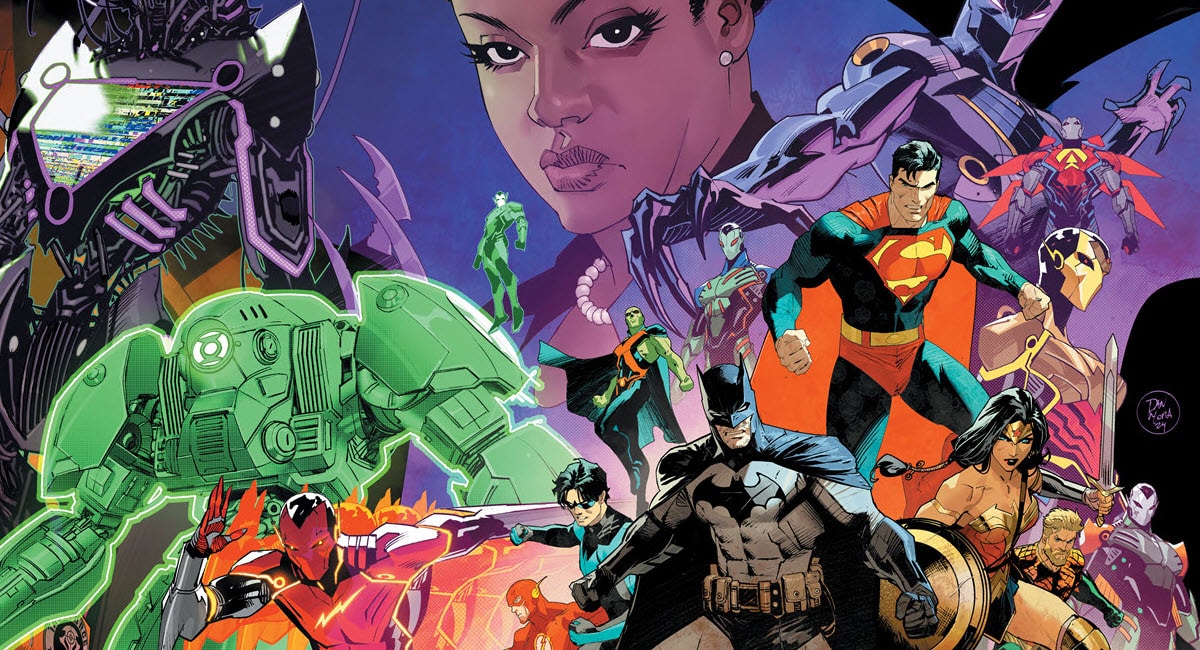
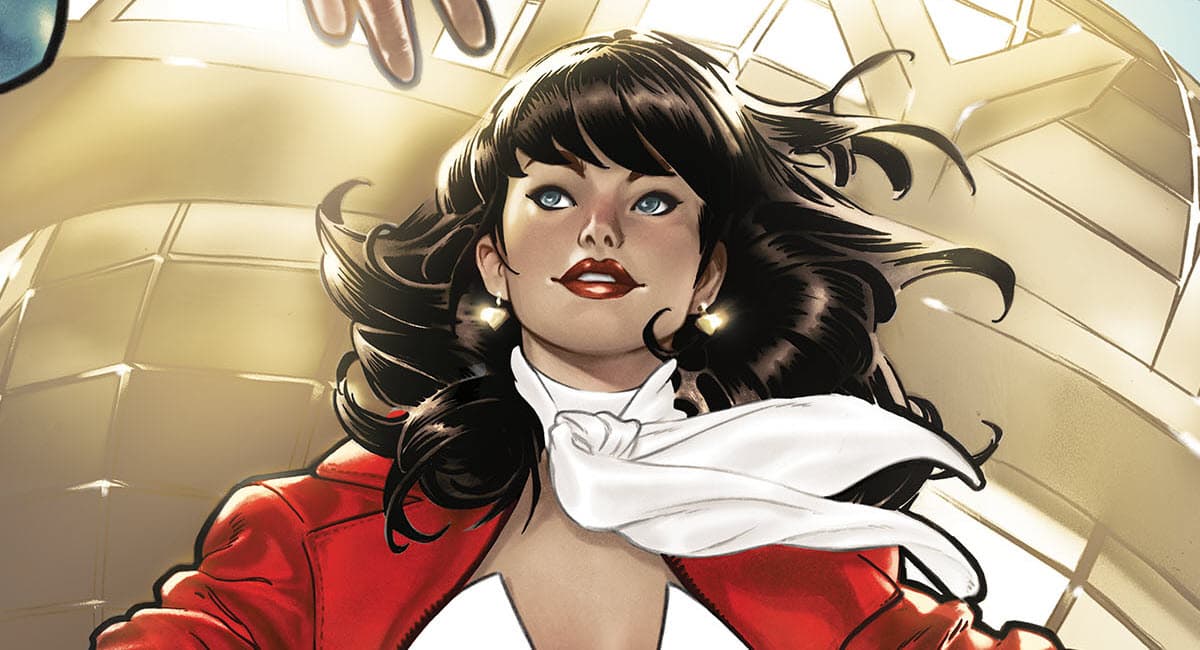


Did you look at the DC Looney Tunes crossovers? Mark Russell really gets Luthor, and Gail Simone’s Catwoman/Tweety Bird proves to be a ton of fun. Haven’t had the chance to read the other two yet.
I’m afraid that Am not psyched about HiC. I like King’s work better when it’s on books that do not have a large impact on general continuity. So much happens to a character like Batman or Wonder Woman in any given moth, that it seems improbable for a single series like this to make a lasting impact. You’ve seen EVERYTHING happen to these characters, and they’ve always bounced back.
I’m not sure how to feel about Heroes in Crisis, either. On the one hand, it sounds like a dark concept for the superhero genre. On the other hand, it’s born out of genuine real world concerns and real world problems – and NOT in a political way. Violence, war, loss, and a fractured and disconnected society are simply part of our modern reality. Comic books have at times taken these real issues head on – Captain America and Superman went overseas and fought in wars, Tony Stark and Speedy battled addiction, Wonder Woman struggled to highlight the role of women in society. If nothing else, Tom King at least has the personal experience and capability of portraying the effects of modern warfare on the heroes and citizens who fight (or observe) those Wars.
Comments are closed.